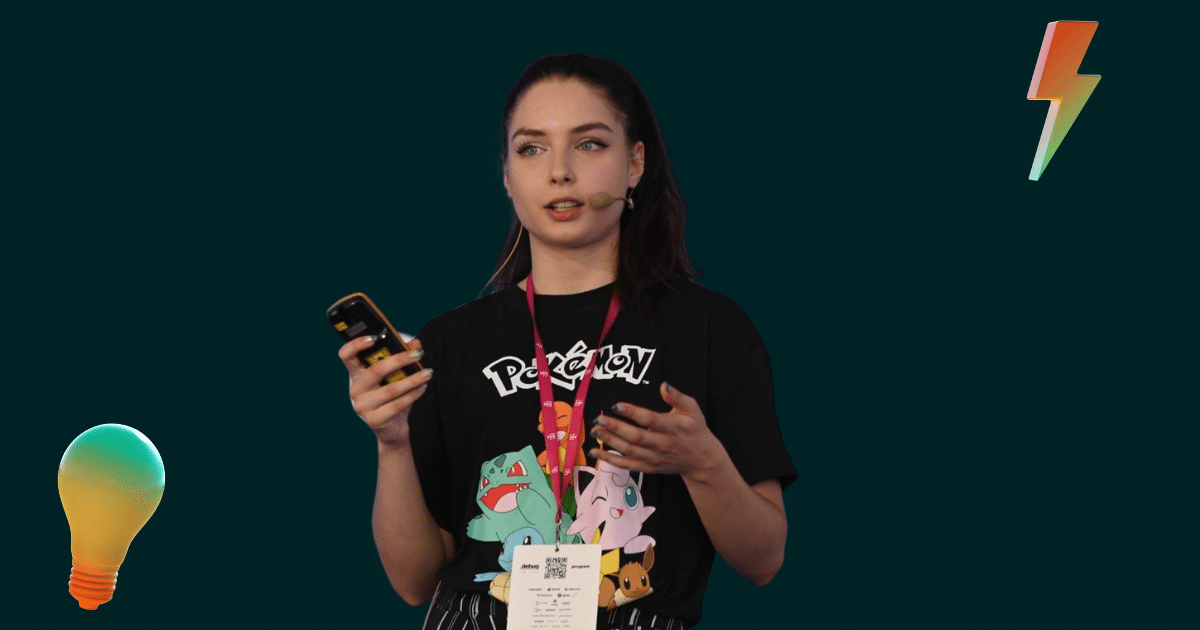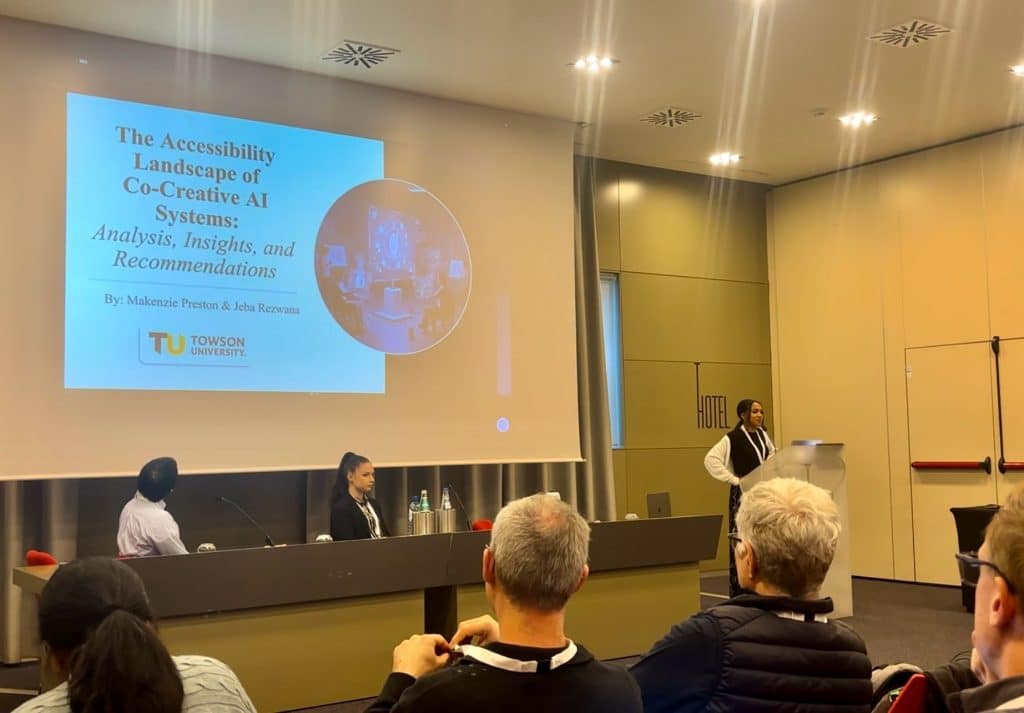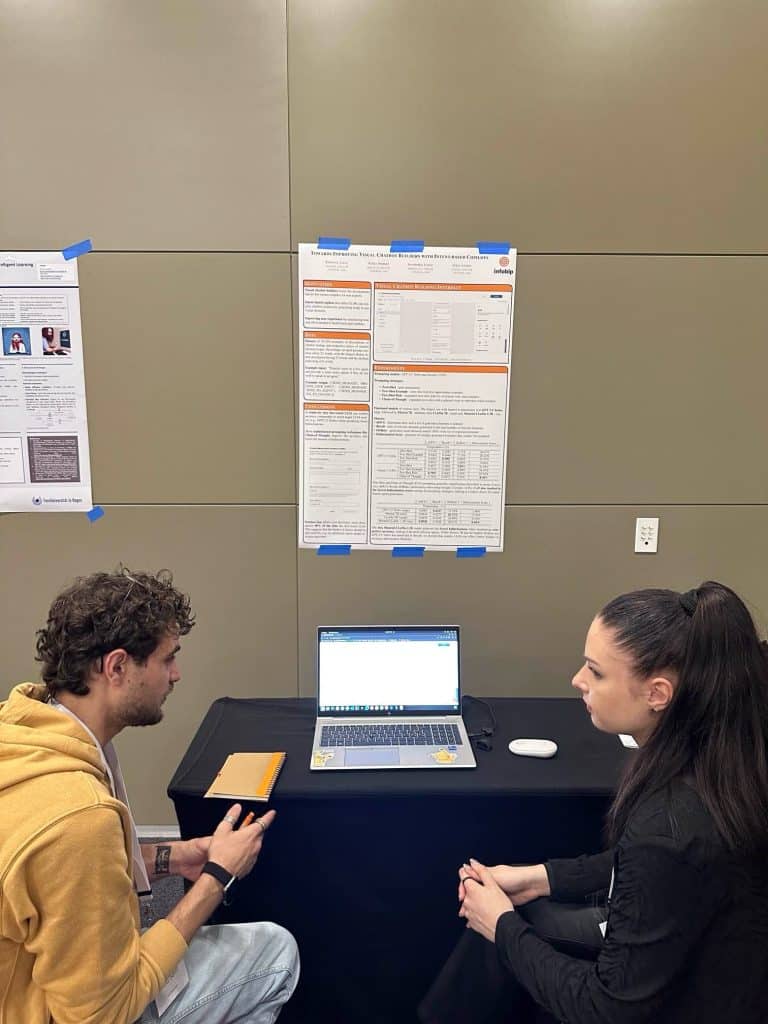I’m Not an AI Doctor (Yet): How I Fought Imposter Syndrome as a Software Engineer at a Research Conference


“So, where are you doing your doctorate?”
That was the third time someone asked me that and it wasn’t even 11 AM on the first day of IUI, a research-focused conference about Intelligent User Interfaces located in the beautiful coastal city of Cagliari, Italy. I was still figuring out how to order coffee with cold milk (blasphemy to all of Italy, I know) , and yet, people already assumed I either had a PhD or was working on getting one.
There I was: conference badge on, caffè con latte freddo in hand, and no PhD in sight. Just a software engineer with a research paper I co-authored with my amazing colleagues and a growing suspicion that I had accidentally wandered into the wrong professional universe.
Walking Into a Room Where Everyone Already Belongs
It became obvious pretty quickly: most people there already knew each other. Many of them had been attending the same conferences for years, sharing research, citations, and hallway jokes. I felt like I missed the prequel and showed up halfway through the sequel with sour candy instead of popcorn.
Imposter syndrome hit me like a wave. I soon felt like an outsider in a room full of insiders, each conversation a reminder of the credentials I didn’t have.
“Just” a Software Engineer? Not Quite.
At one point, I even said it out loud:
Oh, I’m just a software engineer.
One of the researchers stopped me instantly:
“Don’t say that. You’re anything but ‘just’. You’ve taken a different path, and it’s hard work nevertheless.”
That moment shifted something for me, and the voice of doubt started to get quieter.
It was a reminder that the “just” we attach to ourselves is often invisible to others and completely unnecessary.

When Two Worlds Start Talking
As the days unfolded, I realized I wasn’t an outsider. Each talk I attended and each new person I met partially chipped away at that feeling of doubt. All the amazing, warm people I met, researchers and academics, were incredibly welcoming and kind, eager to share their knowledge and hear about my experiences.
Their warmth and openness slowly dissolved my self-doubt, and I soon realized that they weren’t just interested in our paper or credentials; they were interested in the person behind the paper. With every new conversation, I felt more like I belonged.
They valued the unique perspective I brought from the software industry and experience from the messy, fast, user-driven world of software. They brought structured thinking, academic rigor, and frameworks I hadn’t considered. Our conversations weren’t awkward; they were electric.
They asked about how we test ideas in real time. I asked about how they design studies that go deep, not just wide.
We weren’t mirroring each other; we were complementing each other. Not in spite of our different experiences but because of them. It was like a beautiful bit of cross-platform collaboration.
It Changed the Way I See Academia (and Myself)
Before this, I had a pretty fixed idea about academic life shaped by some less-than-great experiences during my undergrad and master’s degrees. I thought of research as slow, overly complex, and far removed from the real world.
But IUI 2025 challenged all of that.
The people I met were passionate, humble, and welcoming. I didn’t feel judged, on the contrary, I felt invited. No gatekeeping. No elitism. They were genuinely curious about what I had to say and generous in sharing what they knew.
For the first time, the idea of pursuing a doctorate didn’t feel like a world apart. It felt… interesting.
I came in biased. I left curious.

This Isn’t Just About Academia
Sure, my imposter syndrome came wrapped in research paper formatting and non-doctorate credentials. But the feeling? It’s familiar to anyone who’s ever wondered if they’re “enough.”
You might feel it at work, in a new team, or pitching an idea in a room full of seasoned pros. Whether you’re writing code, giving a talk, or just trying not to hit “Reply All” by mistake. That voice of doubt shows up everywhere.
The good news? Turns out, that voice in your head isn’t the only one in the room. And it’s not the one you have to listen to.
Four Things That Helped Me Fight It
If you’re dealing with imposter syndrome, wherever you are, here’s what helped me:
- Stop measuring yourself by the room. Your unique perspective is the value you bring. No one needs another carbon copy of what’s already there (except a clone of myself when I want to do two things at the same time, which would be nice).
- Be your true self, everything else will click in place. You are not a bug, you are a feature.
- Challenge your own assumptions, not just the system’s. Sometimes we gatekeep ourselves harder than others ever could.
- Surround yourself with uplifting voices, including your own. Whether it’s a friend, a colleague, or even a kind stranger, listen to those who remind you that you matter. And if all else fails, be your own cheerleader. Celebrate your achievements, no matter how small, and give yourself the encouragement you deserve.
So… What’s Next?
Will I pursue a doctorate?
Write more research papers?
Accidentally end up at another research conference and pretend I totally meant to be there? And maybe, just maybe, I’ll get to see some of those brilliant minds again.
Who knows.
But I know this: your degree doesn’t define your impact. Your contribution does. I showed up as myself. And that turned out to be enough.
(Though I wouldn’t mind another trip to Italy. For academic purposes, obviously.)



